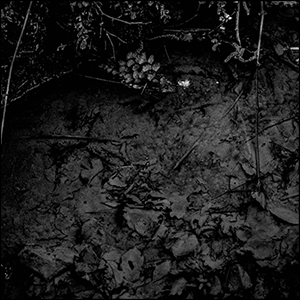
 |
||||
|
|
||||
 |
st.an.da.2028 2CD ltd. 200 copies Gianluca Becuzzi In Between The shaman, the witch and the artist are three different figures, united by the desire for transcendence. Overcoming the material contingencies of one's context through the magic-creative gesture, which makes the will real, is their ultimate goal. The shaman, inducing the trance, seeks contact with the higher entities. Through the ritual, the witch intends to bend nature to man. The artist, through his work, creates allusions, images, hints of worlds hidden outside and inside the common perception. Due to the ambiguous nature of magic, shamanism and witchcraft are subject to exchanges and overlaps. But even art, at least in some of its forms, can belong to a similar area. The Elsewhere, which for shamans is the over-nature, for the traditional culture to which witchcraft has often been made is a Nature intended as the Mother of man, for the artist it can be both these dimensions, suggested and not penetrated. It can also be an Elsewhere that resides in the dreamlike, unconscious, memory. The evocation always passes through sound and dance, in this case the artist uses the voice as a mantra and the guitar drones as an element of alienating vertigo. "In Between", however, is not a spiritualistic work. On the contrary, it is an extremely materialistic work: the Elsewhere becomes a necessary dimension precisely when the constraints of the existing are more stringent and limiting. In a present where the Real has gone beyond the Symbolic, it has become Hyper-real and the dystopias are now among us, for the artist the possibilities of expression have often become narrow. In an ultra-capitalist panorama he is ostracized and his position is marginal, especially if he does not adhere to a utilitarian and speculative perspective. The new witchcraft is the dissident voice, the unaligned gaze, the freedom that the experimenter can regain in another dimension that he creates himself, with his art. - Gianluca Becuzzi, May 2020 "He who is possessed is also expropriated of his own identity and voice. But this kind of expropriation is obviously a precondition for writing and more powerful performance." (Mark Fisher) |